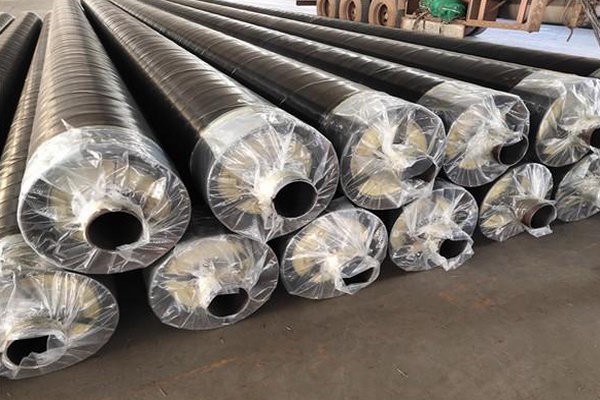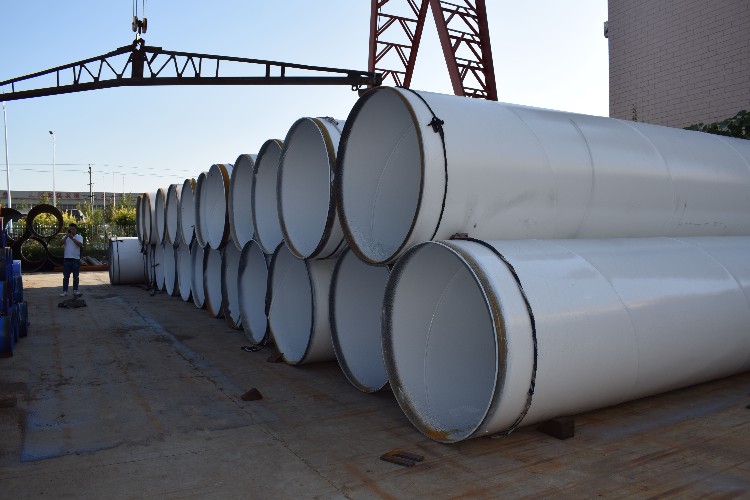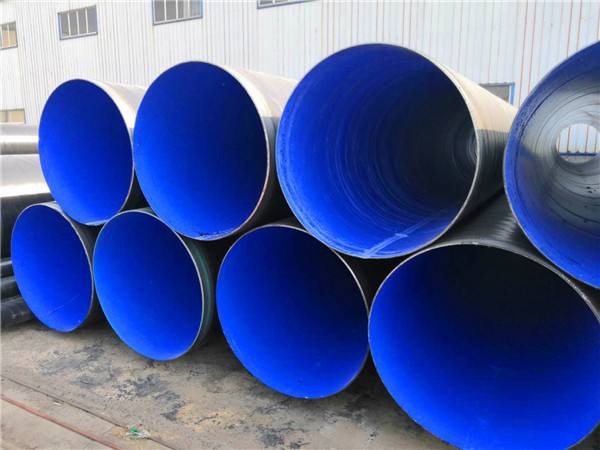Good Quality Stainless Steel Welded Pipe Seamless Coil Tube
Product description
The application fields of stainless steel pipes are very extensive, including multiple industries such as petrochemicals, food processing, pharmaceutical manufacturing, construction, and environmental protection. In the petrochemical industry, stainless steel pipes are often used to transport various corrosive media; In the construction industry, stainless steel pipes are used to make structural supports, decorative materials, etc; In the field of environmental protection, stainless steel pipes are used to manufacture sewage treatment equipment, exhaust gas treatment equipment, etc.

Stainless steel pipe is a general term for steel pipes that have the ability to resist corrosion from air, water, acid, alkali, salt, or other media. Its corrosion resistance mainly comes from the chromium element in its alloy composition. When the chromium content reaches a certain proportion, a thin and dense oxide film will form on the surface of the steel. This film can isolate the contact between the steel and the corrosive medium, thereby preventing further corrosion of the steel.

In the field of environmental protection, stainless steel pipes are used to manufacture various sewage treatment equipment, exhaust gas treatment equipment, etc. Its excellent corrosion resistance and mechanical properties enable these devices to operate stably for a long time, making important contributions to the environmental protection industry. The processing and installation of stainless steel pipes are relatively simple and convenient. It can be processed through various methods such as cutting, welding, and bending to meet the needs of different occasions. During the installation process, various methods such as flange connection, socket connection, and threaded connection can be used to ensure the firmness and reliability of pipeline connections.
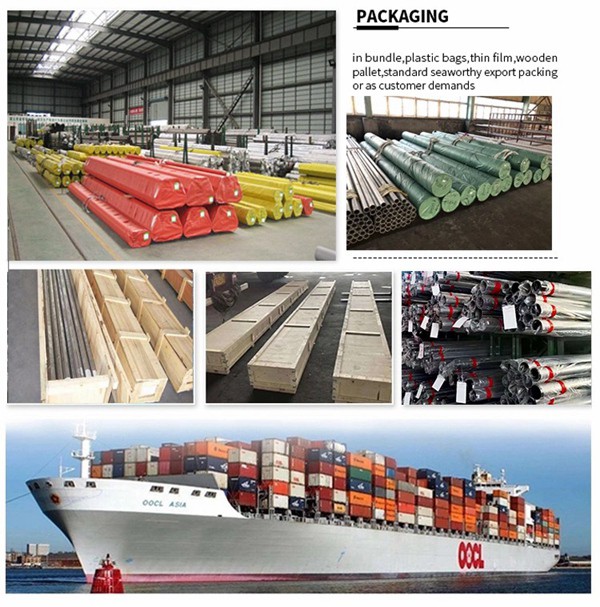
Stainless steel pipes, as the name suggests, are key to their "stainless" characteristics. This is mainly due to the chromium element in stainless steel. When the chromium content reaches a certain proportion, a dense oxide film will form on the surface of stainless steel, thereby preventing chemical reactions between the steel and corrosive media such as oxygen and water, ensuring the long-term stability of the steel. In addition, stainless steel pipes also have excellent mechanical properties, such as high strength, high hardness, and good toughness, which enable stainless steel pipes to withstand large loads and impacts.
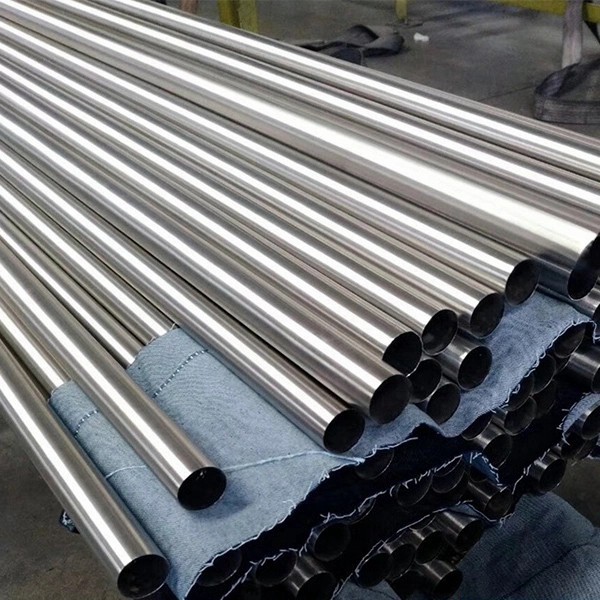

Recommended products



